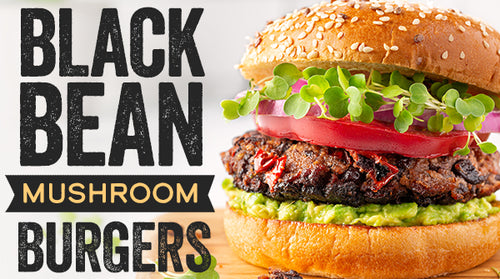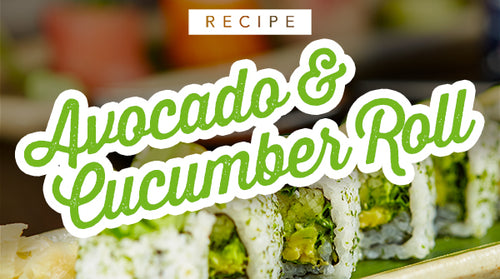Switching to a vegetarian diet comes with an array of health benefits. However, when you first make the transition, it's important to learn about the types and quantities of food you'll have to eat to meet all your needs for nutrients and calories. Here is some advice.
Transition Slowly
The key to a successful transition to a vegetarian diet is to start slowly. Making just one or two small changes every week will keep you from becoming overwhelmed and giving up.
Foods a New Vegetarian Should Eat
New vegetarians should eat a variety of foods, including fruits, vegetables, nuts and seeds. To increase your odds of success, start by incorporating more of the foods you already like instead of introducing several new ones at first.
Watch for Vitamin Shortfalls
Research suggests that eating a vegetarian diet may improve your health. However, becoming a vegetarian means you have to avoid deficiencies in iron as well as vitamins D and B12...easy enough if you plan thoughtfully. Beans, leafy greens and nuts contain iron. For adequate amounts of D and B12, look for fortified foods and consider supplementation.
Start by Giving Up Red Meat
Start by gradually giving up red meat, since it's typically the least-healthy type of meat. While you can make the switch to a meatless diet all at once, it's not necessary to do so. Determine a timeline and set a goal of when you'd like to give up meat entirely.
Plan Ahead
One way you can help ensure your long-term success is to plan ahead. Don't wait until you're hungry to decide what to eat. Instead, make a meal plan at the beginning of each week. When dining out, take a look at the menu online before leaving home to make sure it has good vegetarian options. With time, you'll learn plenty of recipes and figure out which restaurants are best for vegetarians. But those first few months will be challenging, making it important to plan ahead.
Prepare Your Pantry
One way to plan ahead is to keep a well-stocked pantry, which is especially helpful for those nights when you're in a rush and need to pull together a quick dinner. Take an hour or so on a weekend to carefully sort through your shelves, throwing out anything that looks old and restocking with such staples as canned chickpeas, fresh spices, tomato products, etc. And don't forget your freezer, which you should also count as pantry space and fill with frozen vegetables and other meal must-haves.
Stock Up on Healthy Snacks
A mainstay of your vegetarian pantry: healthy snacks. Fruits, vegetables, nuts and seeds all make nutritious snacks. Avocado, nut butter and sunflower seeds are full of healthy fats make good snacks. Having a pantry stocked with nutritious choices makes it less likely you'll reach for junk food when you get hungry.
Try One New Recipe Each Week
Try one new vegetarian recipe every week. It won't take long to build up a list of go-to vegetarian meals that you enjoy. Once you feel confident in the kitchen, you'll increase your odds of maintaining a vegetarian diet in the long run.
Make Other Healthy Dietary Choices
One benefit of vegetarianism that surprises many people is that it often inspires them to try new foods and improve their diet in other ways, such as giving up gluten. Spanakopita, a Greek dish, is vegetarian and easy to make gluten-free. If you're wondering what Chinese food is gluten-free, rice, rice noodles and stir-fried vegetables are all good options that will allow you to maintain both a vegetarian and gluten-free diet.
Don't Worry Too Much About Protein
Ensure you eat an adequate amount of protein, but don't obsess about it. Protein requirements for adults are lower than many people think, and eating a varied diet full of fruits, vegetables, beans, nuts, seeds, and similar foods will supply you with all the protein you need.Like this article? You’ll love our weekly newsletter
sign up here!
**These statements have not been evaluated by the Food and Drug Administration. This product is not intended to diagnose, treat, cure or prevent any disease.














































































